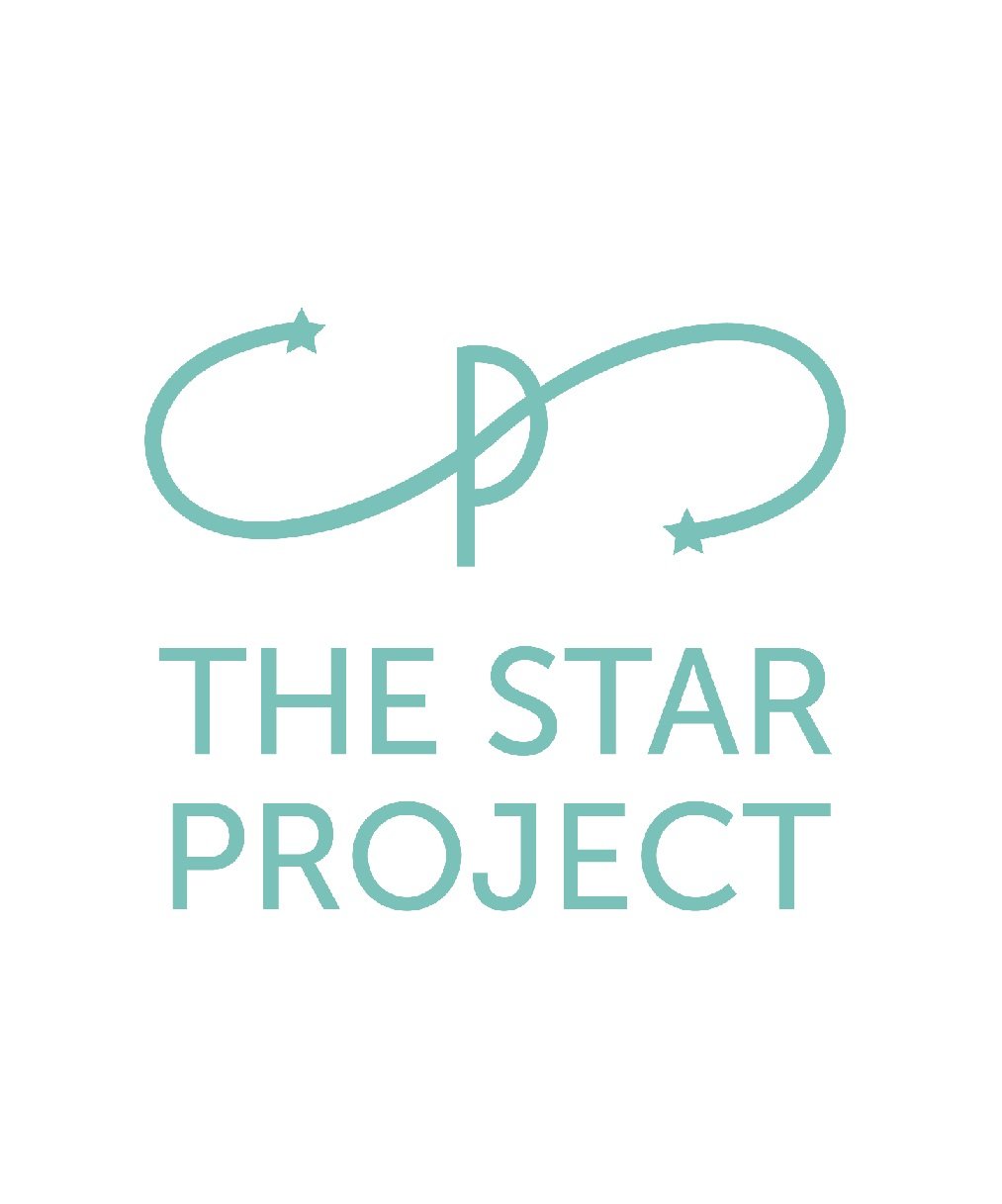The STAR Project
We welcome and partner with justice-impacted people to build skills and relationships that contribute to flourishing communities.
“When I came home from incarceration, nothing went as planned. STAR welcomed me with understanding and no judgment. Knowing they’re there for me gives me hope and helps me hold myself accountable as I build a new future.”
The STAR (Successful Transition and Reentry) Project is the only comprehensive reentry organization serving the nine counties of Southeast Washington. Originally formed to serve those released from prison to Walla Walla County, today STAR provides a “wrap-around” services approach as we work with community partners across the state of Washington to meet the complex needs of justice-involved individuals and their families.
The STAR Project meets current and formerly incarcerated people where they are, creating a comprehensive support plan that centers the agency of each individual. STAR staff provide intensive case management services for participants as they transition from incarceration to community release or otherwise navigate the complications that justice system involvement brings: offering mental health support, housing assistance, job placement resources, mentorship programs, recovery support, community building, and family reunification activities.
The Numbers are Staggering
The Need is Great
Each year approximately 700,000 individuals return home from state prisons in the United States, and an additional 9 million are released from county jails. Typically, individuals with felony convictions are released from prison with $40 in “gate money” and the clothes on their back. After release, they are returned to the county of their first conviction if they are under community supervision. More than 10% of those coming in and out of the justice system are homeless in the months preceding and following their incarceration (Council of State Governments, 2016). Being homeless, unstably housed, or living in a high-crime neighborhood all heighten an individual’s risk of reoffending (Andrews & Bonta, 1995). Those returning to the community face multiple challenges, including obtaining employment, housing, mental health or substance abuse treatment, and family reunification. Family and old friends may have enabled them along the path that placed them in a correctional institution, so traditional support systems are often non-existent or more problematic than helpful. Many find the challenges of finding employment, homelessness, drug addiction, physical and mental health needs, and a lack of family support systems overwhelming and quickly return to what “They Know Best”, a life of crime.

